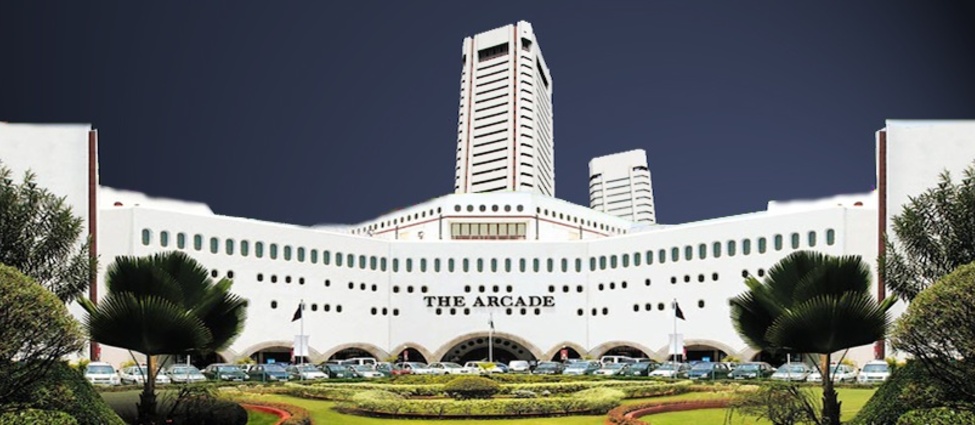

News

Minister assures policy steps on TReDS platform
In this age of digital revolution, electronic mode of financing is transforming the loan disbursement process for industry, especially the micro, small and medium enterprises (MSMEs). World Trade Center Mumbai organized a webinar to release the MVIRDC Research Study on “Enhancing MSME Competitiveness through Digital Modes of Financing”.
Dr. Bhagwat Karad, Hon’ble Minister of State for Finance, Government of India delivered the keynote address at the webinar. Dr. Karad raised concern about the poor uptake of the electronic invoice discounting platform TReDS by public sector undertakings (PSUs). TReDS is an electronic platform for facilitating the financing or discounting of trade receivables of Micro, Small and Medium Enterprises (MSMEs) through multiple financiers. The minister remarked, “It is a cause of concern that the share of invoices issued by public sector undertakings is hardly 4-5% in the total invoices discounted at all the three TReDS platforms in the country. I invite MVIRDC WTC Mumbai and the industry to submit a detailed representation on these issues so that we can discuss this with concerned government departments and address them.”
The Minister also pointed out that his government will organize meetings with banks to improve the credit deposit (CD) ratio in the banking system, which has fallen from as high as 77% in 2013 to 71% as of 2022.
The event was also addressed by Mr. Sundeep Mohindru, Chief Executive Officer, M1xchange; Mr. Kailashkumar Varodia, Chief Financial Officer, Receivables Exchange of India Ltd. and Mr. Hrushikesh Mehta, Chief Evangelist – CredAll, Volunteer – iSPIRT.
Mr. Mohindru suggested Insurance Regulatory and Development Authority (IRDA) to implement the guidelines on trade credit insurance for invoice financing under the TReDS platform. He also suggested creating a ‘Second Window’ for integration of TReDS platform with GSTN e-invoicing portal, so that MSME vendors can get finance against their receivables based on their goodwill.
In his remarks, Mr. Mehta suggested all the state governments to provide credit guarantee and interest subsidy for loans disbursed digitally under the Open Credit Enablement Network (OCEN). OCEN is a set of software protocols, developed by iSPIRT, to democratize the lending business by enabling any business entity, on which millions of entrepreneurs transact, to become a loan service provider (LSP). The LSP integrates multiple lenders to provide complete digital loans.
Earlier in his welcome remarks, Dr. Vijay Kalantri, Chairman, MVIRDC World Trade Center Mumbai suggested various policy measures to address the credit gap in the MSME sector. Dr. Kalantri recommended, “Government may consider converting SIDBI into a full fledged commercial bank for direct lending to MSMEs. Also, large companies may be asked to disclose their outstanding dues to MSME vendors on their balance sheet to ensure timely settlement of invoices. State governments may also revive State Finance Corporations (SFCs), many of which have become dysfunctional due to lack of funding.”
The MVIRDC Research study, which was released on this occasion, highlights the need for a digital push to bridge the unmet credit needs of India’s MSMEs. Some of the suggestions of the study are: encouraging reverse factoring, revising capital adequacy norms for banks’ exposure to invoice financing under TReDS platform, increasing the permissible credit limit that can be disbursed based on Aadhar eKYC and increasing eMandate limit under UPI to enable seamless loan collection.